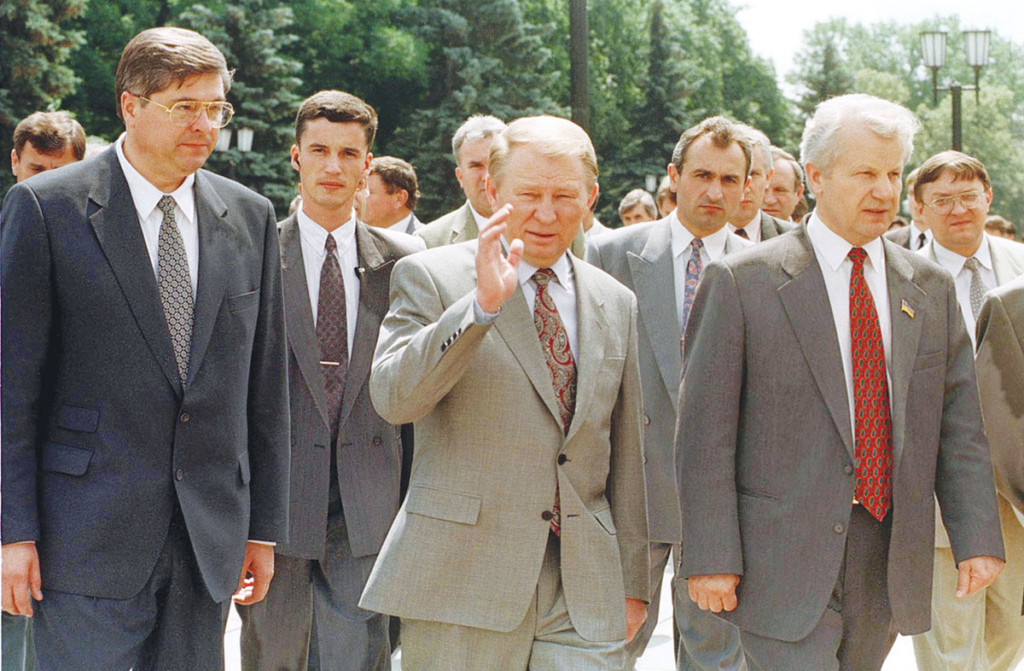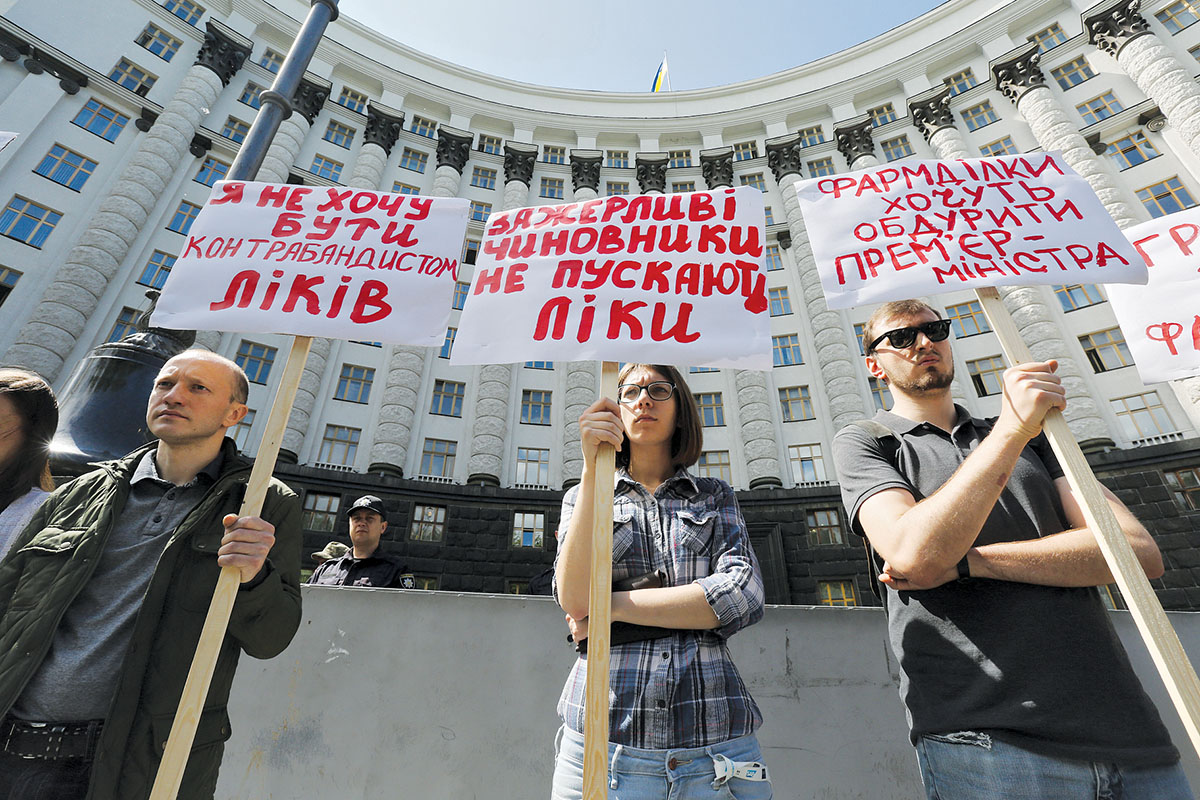When Ukraine started enforcing transfer pricing legislation in 2013, the government was taking aim at a practice that had helped impoverish the country.
With no law regulating transactions between related companies, the country was something akin to a taxation Wild West — and the state had an Hr 6.5 billion budget shortfall to show for it in 2012.
A 2011 investigation by the Kyiv Post found that, while Ukrainian businesspeople rose up the ranks of the global rich lists, many of their companies were — officially, at least — in the red.
That, of course, was often a deception, and the companies moved their profits offshore to avoid taxation in Ukraine. Their method of choice was transfer pricing.
In the last five years, Ukraine has moved to bring transfer pricing abuse under control. But the practice continues and has proven itself exceedingly difficult to regulate globally.
Tricks of the trade
What makes transfer pricing so difficult to control is its contradictory nature. On the one hand, these transactions are a legitimate and exceedingly common accountancy technique: up to 70 percent of world trade today is between different branches of the same company, according to the Financial Transparency Coalition, an advocacy group comprised of civil society and governments. On the other, they are frequently used for illegal tax avoidance and other dishonest schemes.
Transfer pricing is “the dominant form worldwide of shifting money from a higher tax jurisdiction to a lower jurisdiction,” Oliver Bullough, a journalist investigating global money laundering, told the Kyiv Post. “It’s used essentially universally by companies and individuals to dodge taxes.”
Unless a country has hundreds of people working on the issue, “it is very difficult to police,” says George Turner, a researcher at the Tax Justice Network.
Furthermore, while tax avoidance is now a global problem, enforcement is national. Tax havens like the British Virgin Islands, Panama, Guam, and others make their living off transfer pricing abuse, and all countries benefit from tax revenue when profits are transferred to their jurisdiction. Often, it is in the receiving country’s interest to allow these practices to continue.
In some cases, a company agrees on a price for a good or service with a country’s tax authorities in advance. Then, in the future, the tax authorities cannot challenge that price. According to Turner, such agreements present opportunities for corruption by tax officials and undermine the goal of finding a fair market price.
“Often these advanced pricing agreements are set years in advance, so, if the market turns, companies can make a lot of profits,” he says.
Ukrainian practice
When abused, transfer pricing’s effect can be enormous. In Ukraine, it may even have helped form the foundation of political corruption.
According to Bullough, virtually any politically connected gas multi-millionaire from Ukraine accrued significant wealth through transfer pricing.
In the 1990s and 2000s, Ukrainian oligarch Dmytro Firtash — currently under house arrest in Austria and fighting money laundering and bribery charges in Spain and the U.S. — made his money supplying natural gas from Turkmenistan to Ukrainian state gas company Naftogaz.
In return, Firtash would be paid with a portion of the imported gas. He would then sell that gas in Europe, where prices were higher, using companies registered in Hungary and Switzerland whose shares were held by an Austrian bank.
Firtash’s real asset was not just the gas, but also the government-issued export license allowing him to sell the gas. As a result, the scheme effectively required close ties with Naftogaz and the authorities.
“You’ve essentially gained a tax-free windfall for the job of doing nothing,” Bullough says, describing the scheme. “All you’ve done is arranged for Turkmen gas to arrive in Ukraine. And, in return, you’ve been given a load of money in Austria.”

Then Prime Minister Pavlo Lazarenko, then President Leonid Kuchma and then Verkhovna Rada Speaker Oleksandr Moroz in Kyiv in 1997. Lazarenko made large sums of money through his involvement in politics and the natural gas industry. He later spent four years in a United States prison for financial crimes. (UNIAN)
And Firtash wasn’t the only one. Bullough suggests that former Prime Ministers Pavlo Lazarenko and Yulia Tymoshenko made their money using similar schemes.
Lazarenko later spent four years in a U.S. prison on money laundering, extortion, and wire fraud charges. In 2011, Tymoshenko was convicted of abuse of office for her involvement in a 2009 gas deal with Russia and imprisoned. However, the charges against her are widely believed to have been politically motivated, and she was freed after the ouster of President Viktor Yanukovych in 2014.
Drug schemes
Until recently, transfer pricing schemes were also widespread in the Ukrainian state’s procurement of medications.
Because regulations forbid marking up drug prices by more than 10 percent of the original purchase price, distributors used offshore companies to artificially drive up the price. A Ukrainian distributor would form two companies, often in a place like Cyprus. The first company would purchase the medications and sell them to the second company for many times the original price.
Then the distributor would enter a state tender to import the medication from the second company at the inflated price. By serving as the middleperson between the state and his subsidiary, the distributor was able to transfer large amounts of state money to bank accounts offshore.
And the goal wasn’t just to increase profits, according to Dmytro Sherembei of the Patients of Ukraine, an association of patients that lobbies for their interests in front of pharmaceutical companies and the government. The distributors also had to pay off corrupt officials in return for the right to import the medication.
“It was direct theft of life,” Sherembei says. Effectively, the scheme stole medicine “that should have been given out to people with serious illnesses.”

Demonstrators protest against laws limiting the import of critical medications in front of the Cabinet of Ministers in Kyiv on May 23, 2016. Until 2017, corrupt schemes based on transfer pricing limited the amount of medicine procured internationally by the Ukrainian government. (Volodymyr Petrov)
In 2017, led by reformist Health Minister Ulana Suprun, Ukraine handed over the responsibility for international medical procurement to the United Nations Development Program, the UNICEF Children’s Fund, and British procurement agency Crown Agents. This largely eliminated the corrupt transfer pricing scheme.
But that program is set to end in 2019. Sherembei hopes that the Verkhovna Rada will extend it.
‘See you in court’
For all the efforts being taken to fight transfer pricing abuse, enforcement is still a work in progress and experts disagree about how effective the new regulations have been.
Now, it’s up to the courts, says Konstantin Karpushin, a partner at audit firm KPMG’s Ukrainian office. Currently, there are around 10 cases in litigation that he says will help make sense of the country’s new transfer pricing law. So far, courts have often ruled in favor of the taxpayers, and not the tax authorities.
Ukrainian law is not precedental, so the court ruling in one transfer pricing case does not necessarily determine how other courts will decide future cases. Nonetheless, specialists are analyzing the rulings to better understand how the tax authorities and the legal system understand the law.
And as more of these cases conclude, the practical effect of transfer pricing legislation will become clearer.
“Believe me, every court decision is analyzed by specialists like us,” Karpushin says. “This goes to (industry) seminars, and it becomes the rule to the transfer pricing community.”
